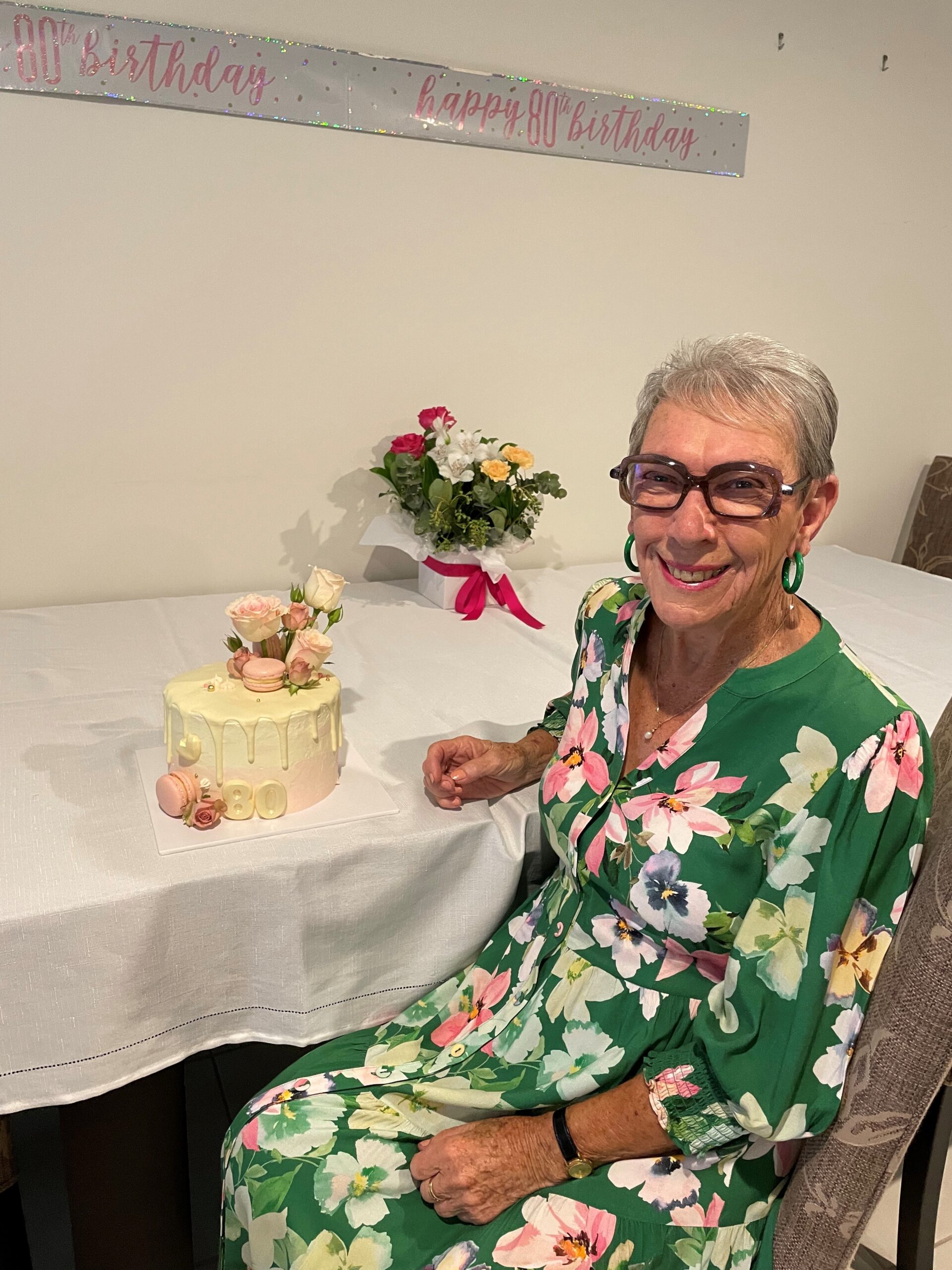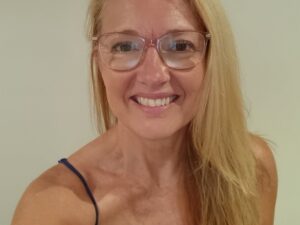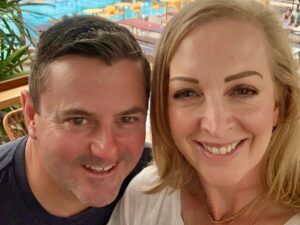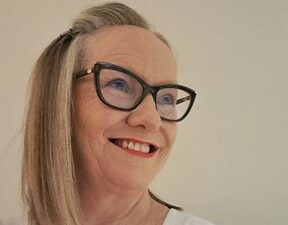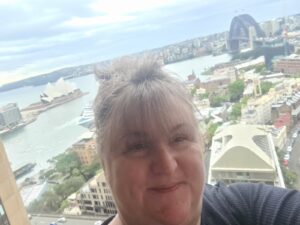MY STORY – PAT
“I just knew something wasn’t right.”
Looking back, I think my body was trying to tell me something for over a decade — I just didn’t know how to make anyone listen.
It all started with my iron levels. They just kept dropping, and no one could really explain why. I was constantly tired, had lots of gastrointestinal upset, and then came the flushing and stomach pain. Over the years, I had test after test — endoscopies, gastroscopies — but there were never any real answers. I’d go on iron supplements, feel okay for a little while, then crash again. It became a cycle.
In 2014, after 12 years of these symptoms, everything changed.
I was on holiday in Queensland and started to feel that now-familiar low iron feeling again — absolutely awful. I went to see a local GP, and I’ll never forget how kind he was. He ran some blood tests and said, “Your iron is very low, and if you were my mother, I wouldn’t let you drive back to Albury until you’d had an iron infusion.” I ended up staying the night in Toowoomba Hospital to have it done.
That experience was a turning point for me. When I got home to NSW, I told my GP I needed to see a new specialist. I wasn’t going to be brushed off anymore — I wanted to get to the bottom of what was happening.
The new specialist ordered a capsule gastroscopy — a small camera you swallow that takes images of your digestive system. Within three weeks, I had a diagnosis: neuroendocrine tumours (NETs).
It was a complete shock. Not only to hear I had cancer, but that it was inoperable and incurable.
Since then, I’ve been on targeted therapy to help manage my NETs. I’m incredibly grateful for the care I now receive, but I do sometimes wonder — what if this had been picked up earlier? What if someone had connected the dots when I first started showing symptoms?
There’s such little awareness about this cancer, even among medical professionals. I’ve had GPs say to me, “I’ve never seen a neuroendocrine cancer patient in my life.” And I tell them, “You probably have — you just didn’t diagnose them.”
That’s why I’m sharing my story. If you’re a patient who knows something’s wrong, keep pushing. Trust your instincts. And if you’re a health professional, please listen — really listen — to your patients.
Neuroendocrine cancer is now the seventh most commonly diagnosed cancer in Australia, yet so many people, like me, spend years in limbo because it’s not on the radar.
Luckily for us we are able to refer to the NeuroEndocrine Cancer Australia website or trusty specialist Telehealth Service, they are only a phone call or click away and provide accurate advice when I need it most.
Click this link to read Pat’s April 2025 news story here.

